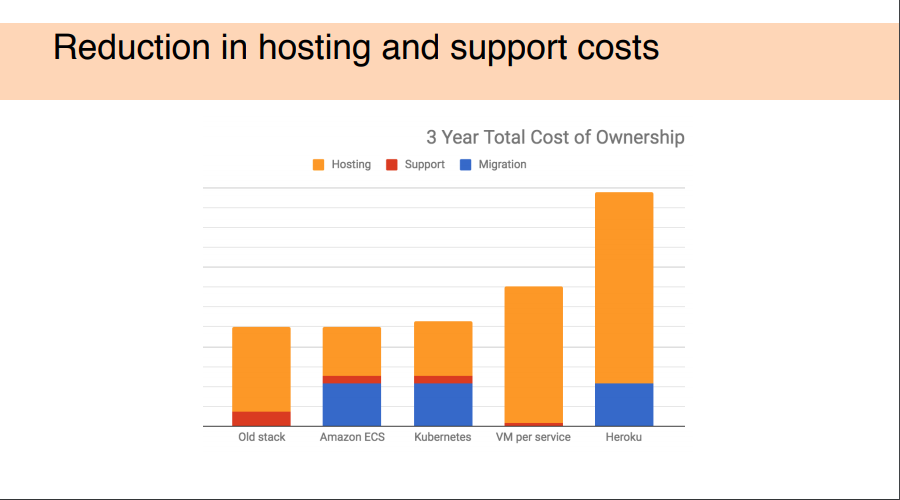KubeCon in Europe this year was held in the city of Copenhagen in Denmark, spanning 3 days from 2-4 May (with an additional workshop day on 1 May).
This is part 2 of a multi-part report on my time at the conference. I cover the keynotes in this post. In this series, I’ll cover the pre-show, keynotes, topics of interest, and last, but not least, hallway conversations in the conference!
Keynotes
I’m not going to describe every keynote in detail, but only the ones that resonated with me:
Anatomy of a Production Kubernetes Outage
Oliver Beattie, Head of Engineering, Monzo Bank
Oliver walked through a production outage that Monzo experienced in 2017.
Current account customers were experiencing payment failures after the deployment of a new service. However, even after rolling back the deployment, the failures remained and the outage continued.
Eventually, the failure was traced back to an incompatibility of the version of linkerd that they were using, and their version of Kubernetes(see https://github.com/linkerd/linkerd/issues/1219).
I’m glossing over a lot of details here - more can be found at the following links:
Switching horses midstream: the challenge of migrating 150+ services to kubernetes
Sarah Wells, Technical Director for Operations and Reliability, Financial Times
FT started their container journey in 2015, starting with home-grown orchestration for their containers.
I liked this presentation for the architecture and roadmap described.
Because of the legacy Docker architecture, FT chose to go with a parallel deployment approach - deploying releases to both their existing infra and to Kubernetes. At first, they had code in separate branches - one for legacy, one for Kubernetes. However, they quickly found it difficult to manage merging the separate branches containing the different deployment mechanisms to the two stacks, and ended up using if/else conditions instead.
FT also had a slide showing the 3-year cost of ownership.

Going to Kubernetes reduced the cost of hosting by almost 50%, due to the increased efficiency afforded by moving from VM-based, and home-grown Docker workloads towards container-based Kubernetes workloads. Support costs also decreased by a significant proportion - FT could leverage on the expertise and work from the Kubernetes community, where previously, only tribal knowledge existed to help architect, deploy and run their custom solution.
Assuming migration costs reduce significantly over time as applications become increasingly Kubernetes-native, the figure suggests that total cost of ownership on Kubernetes would be 50% less compared to their old stack after the 3 years of initial migration.
A lot more details in the talk. Highly recommended watching.
More…
See Part 3 of my notes on the keynotes at KubeCon EU 2018.